Helping Heroes International
Supporting Single Mother Business Owners in Developing Countries Since 20XX
News & Blog
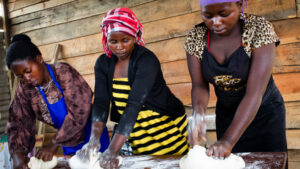
Empowering Single Mother Entrepreneurs: A Helping Heroes Journey
In a world where economic empowerment and gender equality are paramount, organizations that focus on uplifting the lives of marginalized groups play a crucial role

Swinging for a Cause: Recap of the 2022 Helping Heroes Golf Tournament
At Helping Heroes, our mission has always been to make a difference in the lives of single mother business owners in developing nations, and for
About
Helping Heroes
Helping Heroes is committed to supporting single mother business owners in developing nations. For over a decade, we’ve channeled tens of thousands of dollars and countless hours to empowering single mothers.
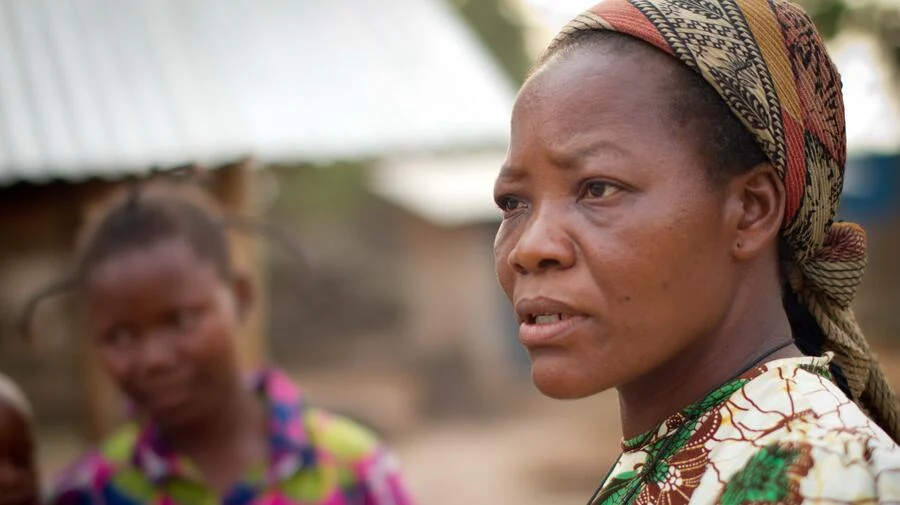
The Sewing School Project

School Rental
$80 – $100 / month
Congo, Bukavu

Certification
$12,000 USD / year
Per Program

Students to Enroll
$12,000 USD / year
20 Single Mothers

Sewing Machines
$125 – $250 USD / each
Need: 16+

Living Cost
$1.50 USD / day
Feeding families of ~5
The Program
Due to the recent challenges of the pandemic, the school had to temporarily close. Prior to the pandemic, the school has seen 28 successful graduates with an additional 22 students having completed the first semester. To date, this program has run in completion for one graduating class. The facility is in Bakavu and has reopened its doors to 20 students in September 2022.
Certification
The program consists of two six-month semesters. The students train on weekdays, for seven hours, from 8am to 3pm. At 12 months, the students complete a skills exam to graduate. In the first six months of the program, students will learn the following skills:
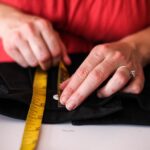
Measurements
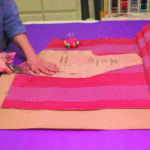
Cutting Material
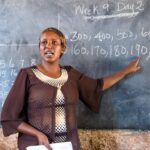
Blackboard Teaching
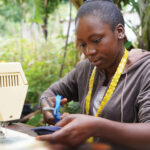
Machine Teaching
After the first six months, as they enter phase two, students will take comprehensive examples. These examples include dress creation and modelling in addition to a certification which allows them to move towards graduation. Similar to most education programs, the training is quite vigorous, preventing many mothers from working outside their schooling.
Applicants
Paster Floribert, the director of the school, has been faced with the difficult challenge of turning women away from the program. Why? High demand for the program and not enough funding. not every student has access to their own sewing machine.
Materials
The program utlizes both new and used sewing machines. Currenlty, 4-6 women work in groups sharing one single machine. The sewing machine in not only a training tool but a source of income for these women both during the program and upon graduation. Access to additional sewuing machines for students to be able to work with their own instrument is essential to their livelihood after graduation.
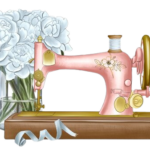
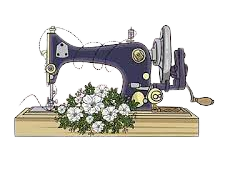
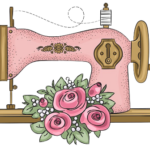
Students who are particularly gifted with their skills are offered the opportunity to keep their machine. When they have their own machine, they can teach others in the community who are unable to attend the school. Preference for students keeping the sewing machine is given to those located in safer areas to ensure the machine is not stolen or damaged.
Number of grads who don’t have machines
Number of machines being used for training in the school
Number of grads sharing one sewing machine
The Impact
Having sewing skills provides life-changing impacts for mothers and their children. Being able to sew and subsequently sell their products generates an income that will allow the mother to both feed and clothe their children, a luxury for those living in poverty. Those who successfully complete the program are able to teach others how to sew, indirectly bolstering the economy.
